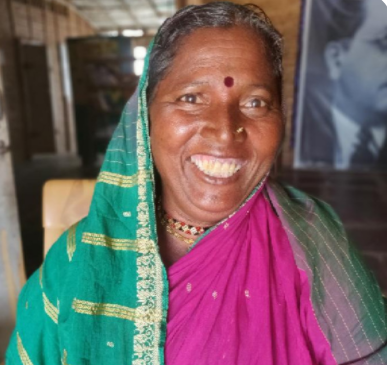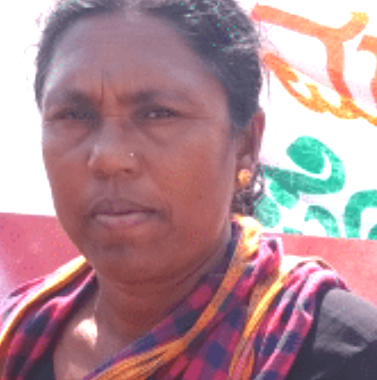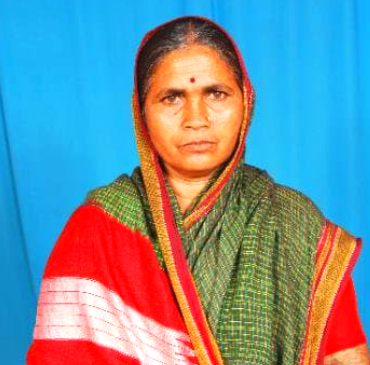Sustaining the work and Collaboration:
JMS sustained the work of applying for work under NREGA in 40 villages of 15 Gram Panchayats.JMS also collaborated with several labour unions and other initiatives to support the advocacy for right to work at the state levels.
Increase in daily wage:
Due to the continued pressure, the daily wage increased to Rs.100 for women and Rs.150/- for men in the non-NREGA work for people.
Equal Wages for women:
In NREGA, JMS advocated for Rs.250/- as minimum wage as equal wage for both men and women.
Using RTI:
JMS used Right to Information in five gram panchayats for non-allocation of work and non-payment of wages.








